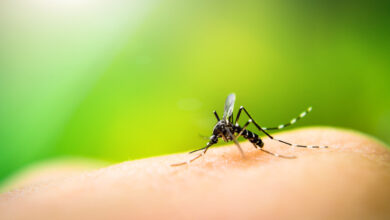Health
New Study Finds Presence of Microplastic In Human Stool
The most common types of plastic found were Polypropylene and Polyethylene Terephthalate (PET)

For the first time ever, microplastics have been found in human stools, suggesting their presence in the human food chain might be widespread.
The study conducted by a team of researchers from the Medical University of Vienna and the Environment Agency Austria has found microplastics in human faeces.
For the purpose of the study, the researchers examined eight people from across the world including Austria, Finland, Italy, Japan, the Netherlands, Poland, Russia, and the United Kingdom. They kept a record of everything the participants ate for a week. They then had their stools collected and examined for the presence of microplastic.
Shockingly, it was found that all eight participants tested positive for microplastics in their stool samples, with nine separate types of plastic identified. The researchers said they found 20 microplastic particles per 10 grams of stool. The plastics ranged in size between 50 and 500 micrometers (0.002-0.02 inches).
Notably, eating fish or seafood is one way by which humans can ingest microplastic as marine creatures consume plastics and microplastics in the ocean. Surprisingly, microplastic was even found in the stool of two participants who didn’t eat fish during the trial.
The most common types of plastic found in the samples were Polypropylene, which is used in plastic molding and diapers and polyethylene terephthalate (PET), which is most commonly found in soft drink bottles.
“This is the first study of its kind and confirms what we have long suspected, that plastics ultimately reach the human gut,” said Lead researcher Dr. Philipp Schwabl, who presented the findings at the gastroenterology conference UEG Week. “Of particular concern is what this means to us, and especially patients with gastrointestinal diseases.”
Schwabl said now that the first evidence for microplastics has been found inside humans, further research is needed to understand what this means for human health.






